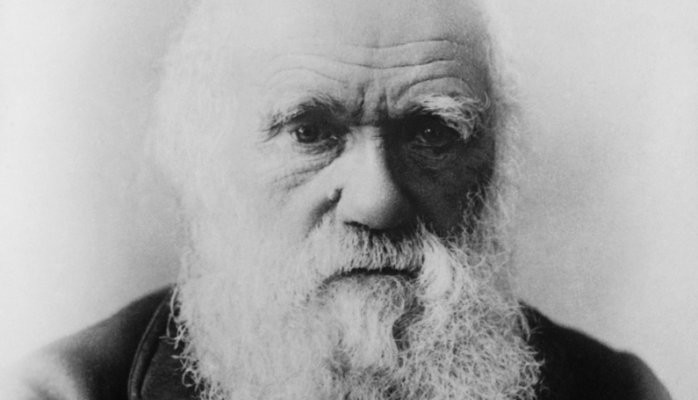
Law Firm Evolution: Darwinian chance or Lamarckian choice?
A bald pated man with shaggy grey beard stares at you with knowing eyes. In large font, Charles Darwin speaks from his grave: “It is not the strongest of the species that survives, nor the most intelligent that survives. It is the one that is most adaptable to change.”
Everyone has seen the image at some point, perhaps from your outside consultant or your BD department or me. What a great call to action for intransigent lawyers!
Darwin never said it. The quote is generally attributed to Leon C. Megginson, a Professor of Management and Marketing at Louisiana State University in the 1960’s. (See here and here.) To Megginson’s credit, he was doing what a good marketer does: distill complex ideas into bite-sized morsels that stir people to action. As memes go, it is not a bad summary of Darwin’s theory. Plus, it seems pertinent because we all know natural selection is acting on law firms and law departments even as we speak.
Or is it?
To briefly revisit high school biology, Darwin theorized about the effects of random variations that happened to be adaptive to the environment. Only the traits that were heritable and adaptive (or, at least, not deleterious) would persist. In Darwin’s view, an individual organism has no choice in the matter. A finch with a tiny beak cannot choose to adapt when faced with nothing but giant seeds. Darwin’s finch either has a beak big enough to survive or it does not. Nature makes the selection, not the finch.
Jean-Baptiste Lamarck published his own theory of evolution in 1809, the year Charles Darwin was born. While an early pioneer of gradualism, Lamarck believed that organisms acquired certain characteristics through use and disuse and that those acquired characteristics were passed on to successive generations. The classic example was that giraffes would get longer necks and legs as they stretched for leaves higher and higher in the trees.
With our modern understanding of genetics, Lamarck’s theory seems absurd, and it has been largely ridiculed for nearly a century. Still, there is appeal to a system of evolution in which we are in control of our own futures. This is especially true in our social and business institutions, including law firms and legal departments. It is far more hopeful to work at bettering ourselves to avoid extinction than to allow things to happen or to be resigned to the limitations of the way things are. (Trite references to a firm’s “DNA,” notwithstanding.)
So, the next time you see Mr. Darwin peering at you from the screen at the front of the room, think of M. Lamarck instead. Then, as an individual or an organization, choose how to adapt to your environment. Use those traits that make you more adaptive and they will compound; abandon those that are deleterious and they will become vestigial. Your success is not in your genes; it is in your will.
Dwight Floyd is a biologist and (reformed) litigator advocating adaptive solutions for law firms in a rapidly changing environment. Whether you believe the legal climate is changing or a comet is hurtling toward us (or already hit in the fall of 2008), the question is not just how we survive but how we thrive in the face of these pressures. Follow me on LinkedIn or Twitter @dwightfloyd.
Senior Director Analyst at Gartner
7yGreat thoughts. And now I have to geek out a bit on the biology since you are a biologist. With recent research about epigenetics - the switching on or off of genes based on environment (or chance??) - I have wondered if Lamarck might not be so discredited today. If we are open to the possibility that we could actively switch on or off genes (not sure we can), does that help extend the analogy? Separately, I am also struck by report I read recently of study of parrots in S. America. The same species, living in different locations, develop culturally-specific sounds. Mix birds form a different location and they cannot communicate. So cultural elements (1) affect behavior and (2) are passed on to offspring. Bottom line: perhaps even from biologic analogy perspective, law firms have more control over destiny than they think. Another way of saying, I agree with your conclusion.
Great article, Dwight Floyd! It made me think of Richard Susskind and Daniel Susskind in the Future of the Professions where they ask us to consider how we might solve problems differently.
Ex-Medallia • Ex-Salesforce • Challenger • Practical Optimist • Start Up Investor
7yGreat piece, Dwight. Change does not have to be reactive.